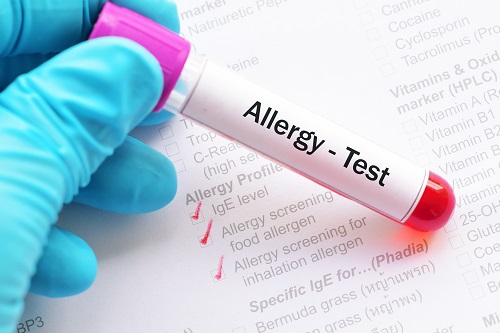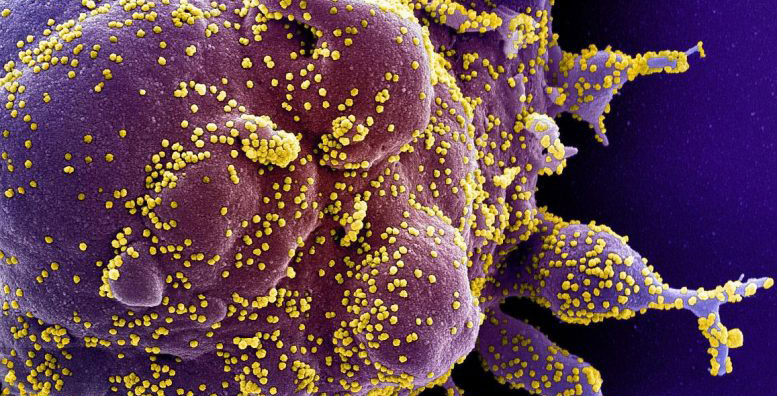Patients with atopic dermatitis have increased risk of environmental and food allergies. Therefore, physicians should assess for these conditions while history taking. If there are concerns for specific allergies, then further assessments may be considered and implemented. “Allergy testing independent of history is not recommended.”
Food allergies: the precise effect of food on atopic dermatitis needs further research. However, it is important to determine if a true food allergy may be exacerbating atopic dermatitis, either through immune cell activation or indirectly by increased pruritus, or if it is a coexisting condition with non-AD manifestations.
Aeroallergens: the exact role of aeroallergens in atopic dermatitis is still controversial. Diagnosis of allergy to aeroallergens is conducted by a sequential workup and demonstration of clinical relevance. If dermatitis is more severe on exposed surfaces of the face, neck, arms, legs and chest, aeroallergens may be the cause. Another step is measurement of specific IgE antibodies. Although there are disadvantages, APTs with epicutaneous application of aeroallergens on uninvolved atopic skin has also been used for testing.









Leave a Reply